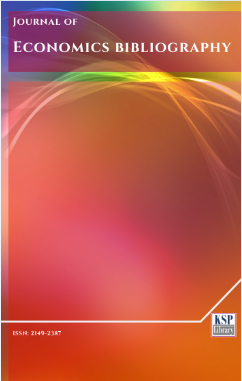Gorana Krstic & Friedrich Schneider (Eds), Formalizing the Shadow Economy in Serbia: Policy Measures and Growth Effects
Abstract
Abstract. Tax evasion, illicit work and social security fraud are even in Europe widely spread - especially in Eastern and Southern European Countries. Up to an additional one fourth of the official economic activities takes place in the underground. Most governments focus on fighting this deviant behaviour by punitive measures. But empirical data shows in opposition to standard economic theory that this way is expensive, inefficient, and finally unsuccessful. Governments have to change institutions (e.g. tax system) and regulations to reduce incentives for illicit work and tax evasion. An increasing burden of taxation and social security contributions is – as well as regulations and the poor quality of institutions – the driving force for the increase of the shadow economy especially in OECD-countries, as various empirical analyses have shown (e.g. Enste, 2015). For Central and Eastern European countries, multivariate analyses provide evidence for the significant influence of corruption, economic freedom, and the quality of institutions on the size of the shadow economy.
DOI: http://dx.doi.org/10.1453/jeb.v2i3.470
Refbacks
- There are currently no refbacks.
.......................................................................................................................................................................................................................................................................................................................................
Journal of Economics Bibliography - J. Econ. Bib. - JEB - www.kspjournals.org
ISSN: 2149-2387.
Editor: jeb@ksplibrary.org Secretarial: secretarial@ksplibrary.org Istanbul - Turkey.
Copyright © KSP Library

